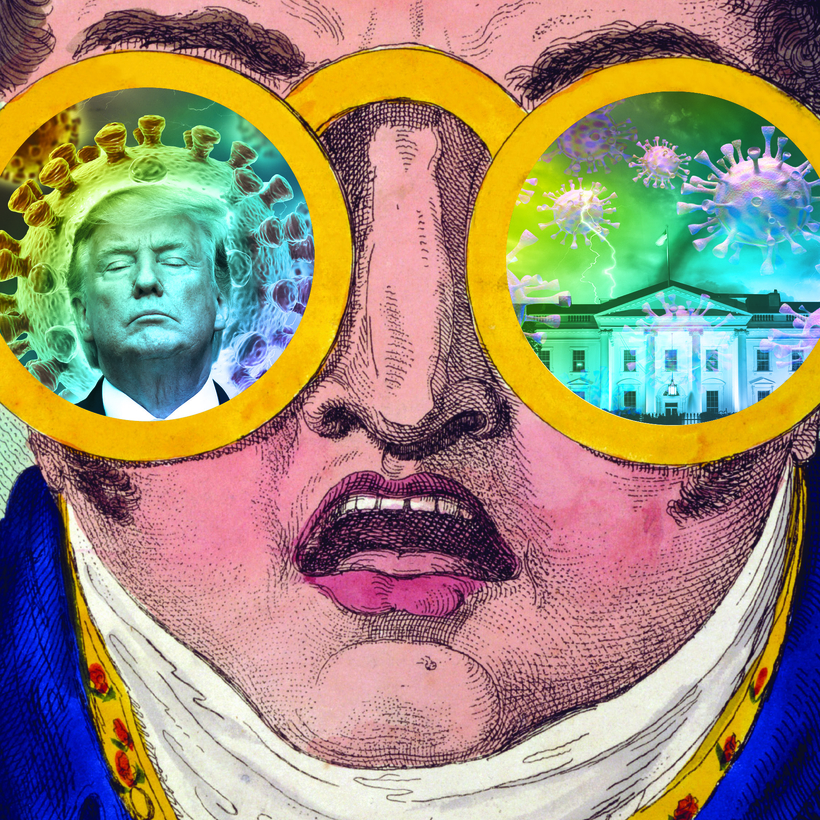So that’s what the White House purges were about. They weren’t political payback—they were for our protection!
Government officials who told the truth about Ukraine weren’t frog-marched out of their offices in a loyalty crackdown. No, it was a selfless gesture on the president’s part. He was simply getting a jump on helping very important—you might say highly critical—staffers self-quarantine from the coronavirus. (And, by the way, there’s nothing wrong with Trump spelling it “Caronavirus” as he did in a tweet—at her age, even the wonderful Leslie Caron could be at risk.)


